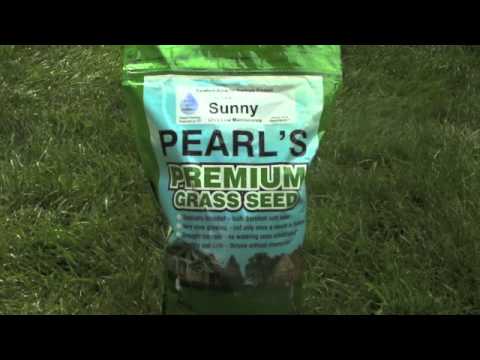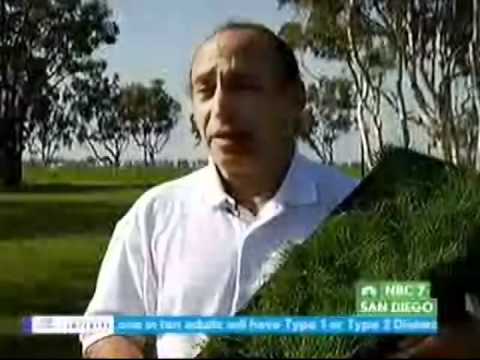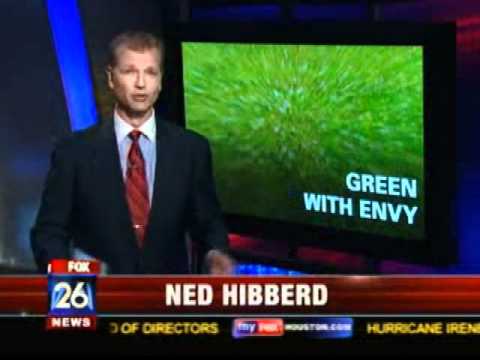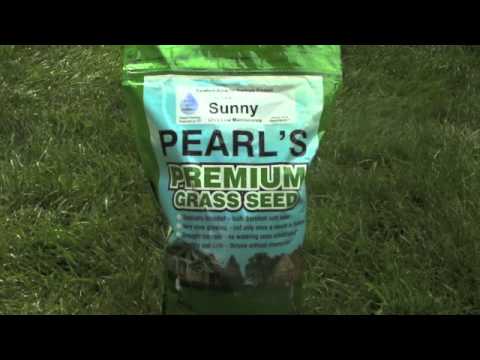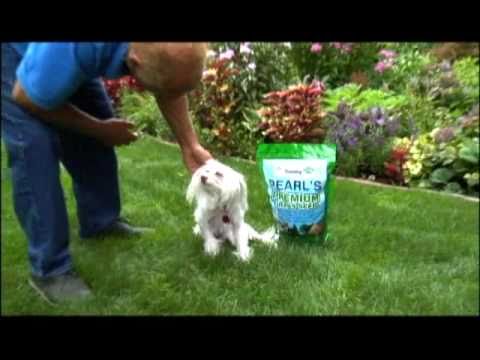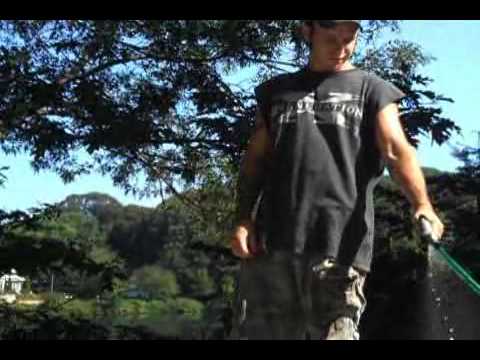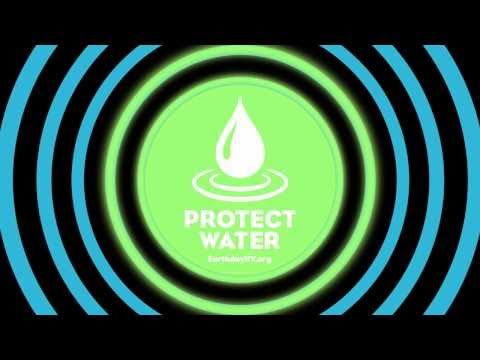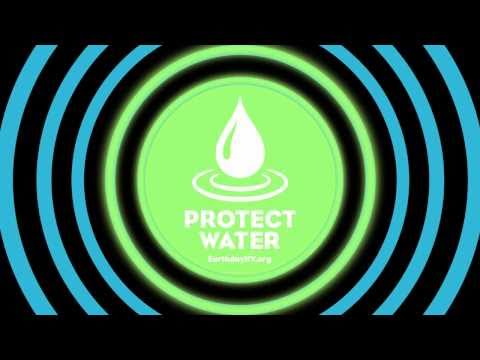CNNMoney Features Pearl's Premium "An eco-friendly lawn you don't have to mow"
It's hard to imagine anything more innocuous than a lush suburban lawn. That's what 63-year-old entrepreneur Jackson Madnick used to think -- until a golf course killed his cat.
His cat, Kitty, sickened and died 14 years ago. A groundskeeper at the nearby links told Madnick that many local animals had been dying off from chemicals used to treat the grass there.
That set Madnick off on a mission to find a grass seed that grew easily without toxic chemicals. He spent nearly a decade potting and growing more than 70 different grasses on the deck behind his home in Wayland, Mass. Finally, he got results: a slow-growing, drought-resistant blend of seven grasses that needs no chemical fertilizers, little mowing and relatively no water. He named the blend Pearl's Premium, in honor of his environmentalist mother.
"At first I wondered if I had done something wrong when the grass was growing slower," he says. But when he dug into the soil and found the roots extending to the bottom of the pot, he was ecstatic.
Pearl's Premium arrived on the market in 2009. The seed is now available at Home Depot's (HD, Fortune 500) website and at 60 brick-and-mortar stores, including garden centers and Whole Foods branches on the East Coast. Madnick expects his six-employee company to hit $1 million in sales this year.
So where's the splendor in this grass? The roots. According to Madnick, Pearl's Premium's roots grow up to a foot long, reaching deeper for nutrients and water than the two-inch roots of common bluegrass. This means it gets plenty of access to nitrogen and may stay greener in the fall and winter. It also means that homeowners in the northern U.S. will seldom or never need to water it; in the drier South, it requires watering once or twice a week. (Newly planted grass requires a month of daily watering to get it established.)
Because Pearl's Premium grows slowly, it requires mowing only about once a month in sunny areas and every six weeks in the shade.
"This lets people have great lawns with far less impact to the environment," Madnick says
Read the whole story: http://money.cnn.com/2011/07/07/smallbusiness/pearls_premium_grass/index...




